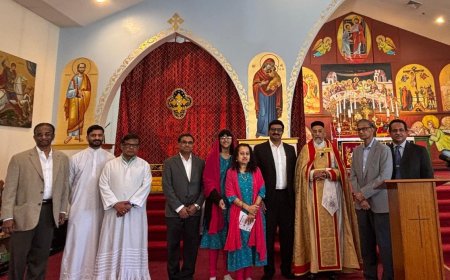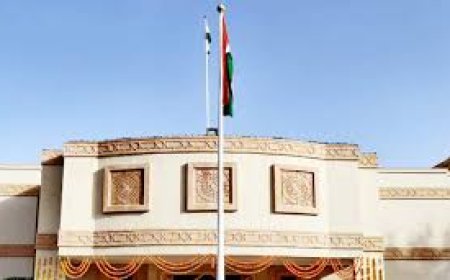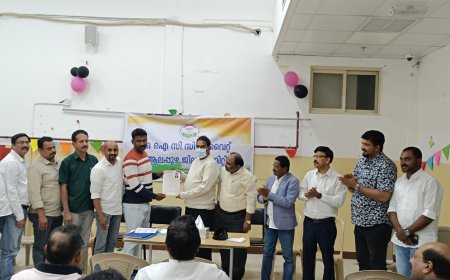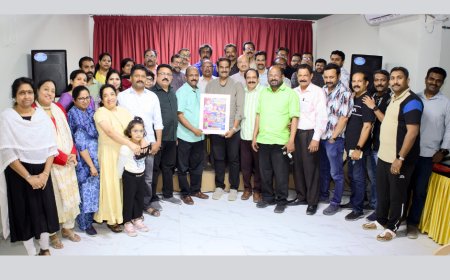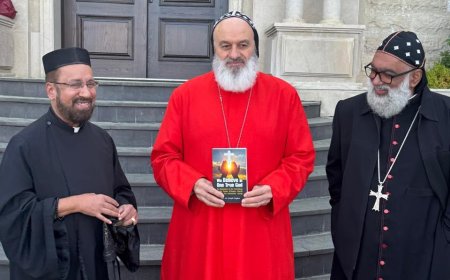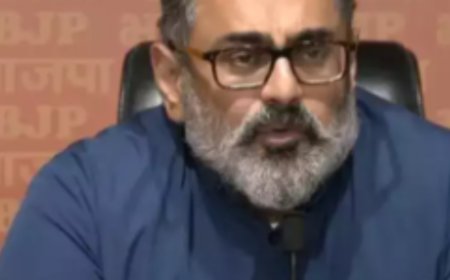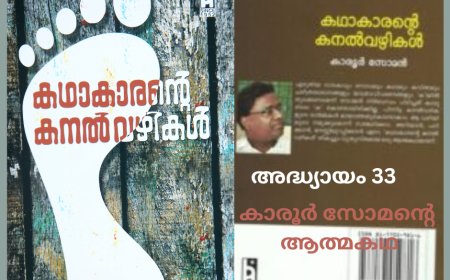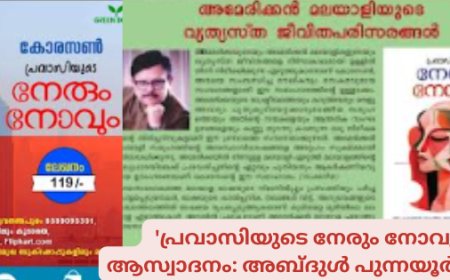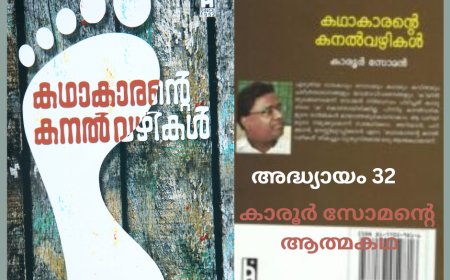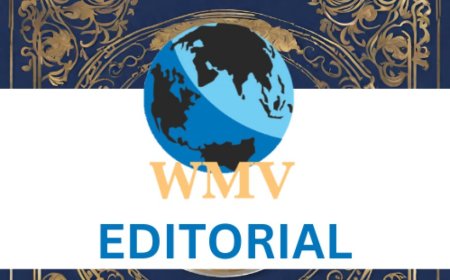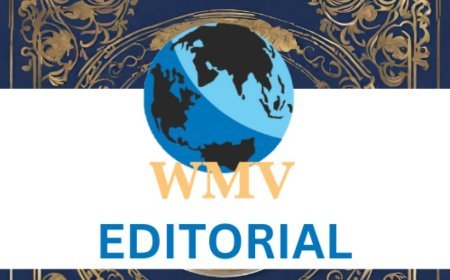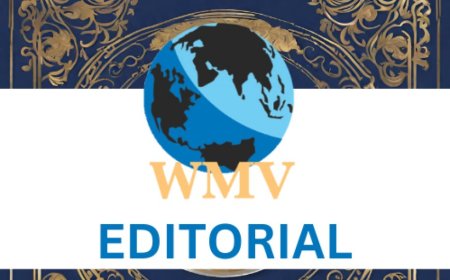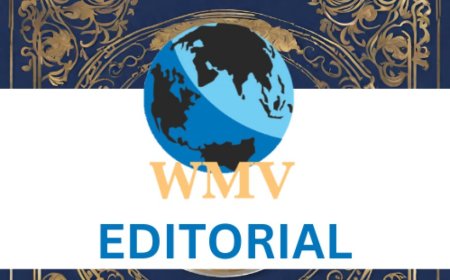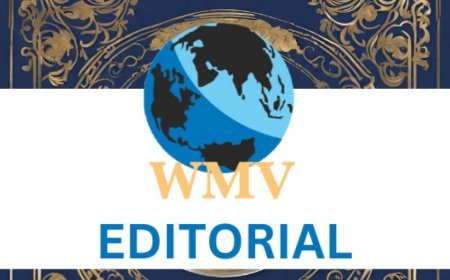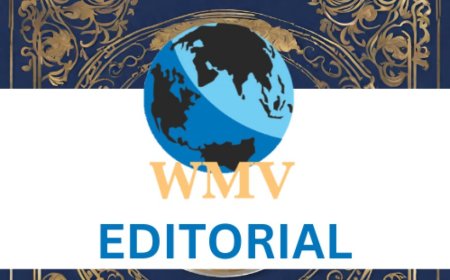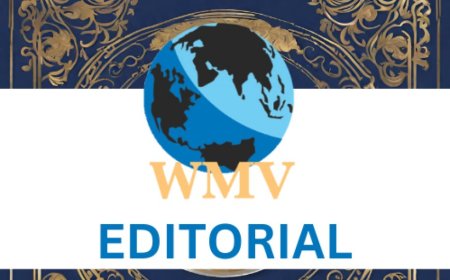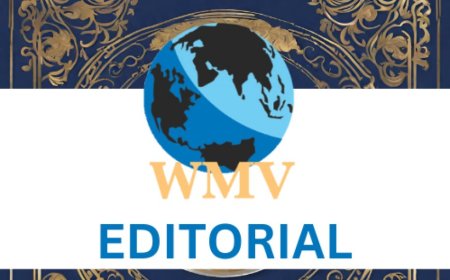Waqf bill cleared in Lok Sabha, Opposition calls it attack on minorities
The Waqf Amendment Bill was passed in the Lok Sabha on April 2 with 288 votes in favour and 232 votes against. The debate raged for 12 hours with the Bill only being passed beyond midnight. The Bharatiya Janata Party (BJP) was able to push the contentious Bill through, despite the Opposition’s objections, with help from its allies like the Telugu Desam Party (TDP). Ahead of the Bill coming to the Lok Sabha, both the Union government and Opposition parties issued a three-line whip to their MPs, mandating their presence at the debate. The Union government has also proposed to name the Bill, the Unified Waqf Management, Empowerment, Efficiency, and Development Act. Meanwhile, Opposition parties have pointed out that the Bill infringes on minority rights and state rights. Deputy Leader of Congress in Lok Sabha Gaurav Gogoi called the Bill “an attack on the basic structure of the Constitution.” He also accused the Union government of attempting to “defame and disenfranchise minority communities and divide Indian society”. He also questioned the Union government on not allowing Muslims to offer namaaz in public spaces and asked how many MPs the BJP has from minority communities. Earlier, on March 27, the Dravida Munnetra Kazhagam (DMK) introduced a resolution against the Waqf Bill in the state Assembly saying it was an attempt to “allow political interference and curtail religious freedom.” The resolution had been passed with the support of all parties except the BJP. During the April 2 debates ahead of passing the Bill in the Lok Sabha, the DMK raised similar objections. Opposition parties also highlighted some of the top concerns of Muslim communities regarding the Bill. The Bill allows for the appointment of a non-Muslim as CEO of the Waqf board and the appointment of at least two non-Muslim to state Waqf boards. Secondly, by getting rid of the ‘waqf by user’ provision, the amended Bill makes provisions for Union government overreach—allowing it to decide whether a disputed property is waqf or not. Further, the Opposition also pointed out that none of its recommendations had been accepted by the Joint Parliamentary Committee (JPC) that was constituted to discuss objections to the Bill. The Bill is now set to be tabled in the Rajya Sabha in the coming days and an eight-hour slot has reportedly been allotted for the debates.

THE Waqf Amendment Bill was passed in the Lok Sabha on April 2 with 288 votes in favour and 232 votes against.
The debate raged for 12 hours, with the Bill only being passed beyond midnight.
The Bharatiya Janata Party (BJP) was able to push the contentious Bill through, despite the Opposition’s objections, with help from its allies like the Telugu Desam Party (TDP).
Ahead of the Bill coming to the Lok Sabha, both the Union government and Opposition parties issued a three-line whip to their MPs, mandating their presence at the debate.
The Union government has also proposed to name the Bill, the Unified Waqf Management, Empowerment, Efficiency, and Development Act. Meanwhile, Opposition parties have pointed out that the Bill infringes on minority rights and state rights.
Deputy Leader of Congress in Lok Sabha Gaurav Gogoi called the Bill “an attack on the basic structure of the Constitution.”
He also accused the Union government of attempting to “defame and disenfranchise minority communities and divide Indian society”.
He also questioned the Union government on not allowing Muslims to offer namaaz in public spaces and asked how many MPs the BJP has from minority communities.
Earlier, on March 27, the Dravida Munnetra Kazhagam (DMK) introduced a resolution against the Waqf Bill in the state Assembly, saying it was an attempt to “allow political interference and curtail religious freedom.”
The resolution had been passed with the support of all parties except the BJP. During the April 2 debates ahead of passing the Bill in the Lok Sabha, the DMK raised similar objections.
Opposition parties also highlighted some of the top concerns of Muslim communities regarding the Bill.
The Bill allows for the appointment of a non-Muslim as CEO of the Waqf board and the appointment of at least two non-Muslim to state Waqf boards. Secondly, by getting rid of the ‘waqf by user’ provision, the amended Bill makes provisions for Union government overreach — allowing it to decide whether a disputed property is waqf or not.
Further, the Opposition also pointed out that none of its recommendations had been accepted by the Joint Parliamentary Committee (JPC) that was constituted to discuss objections to the Bill.
The Bill is now set to be tabled in the Rajya Sabha in the coming days and an eight-hour slot has reportedly been allotted for the debates.













